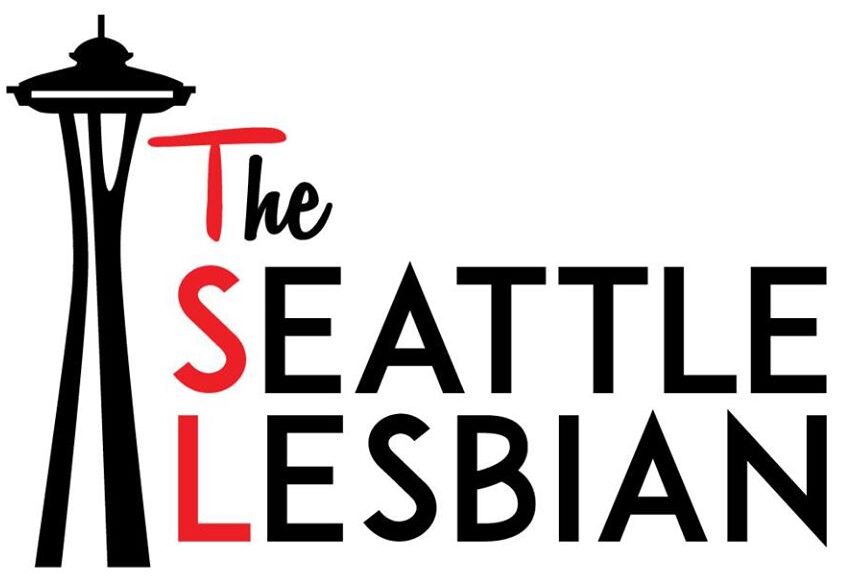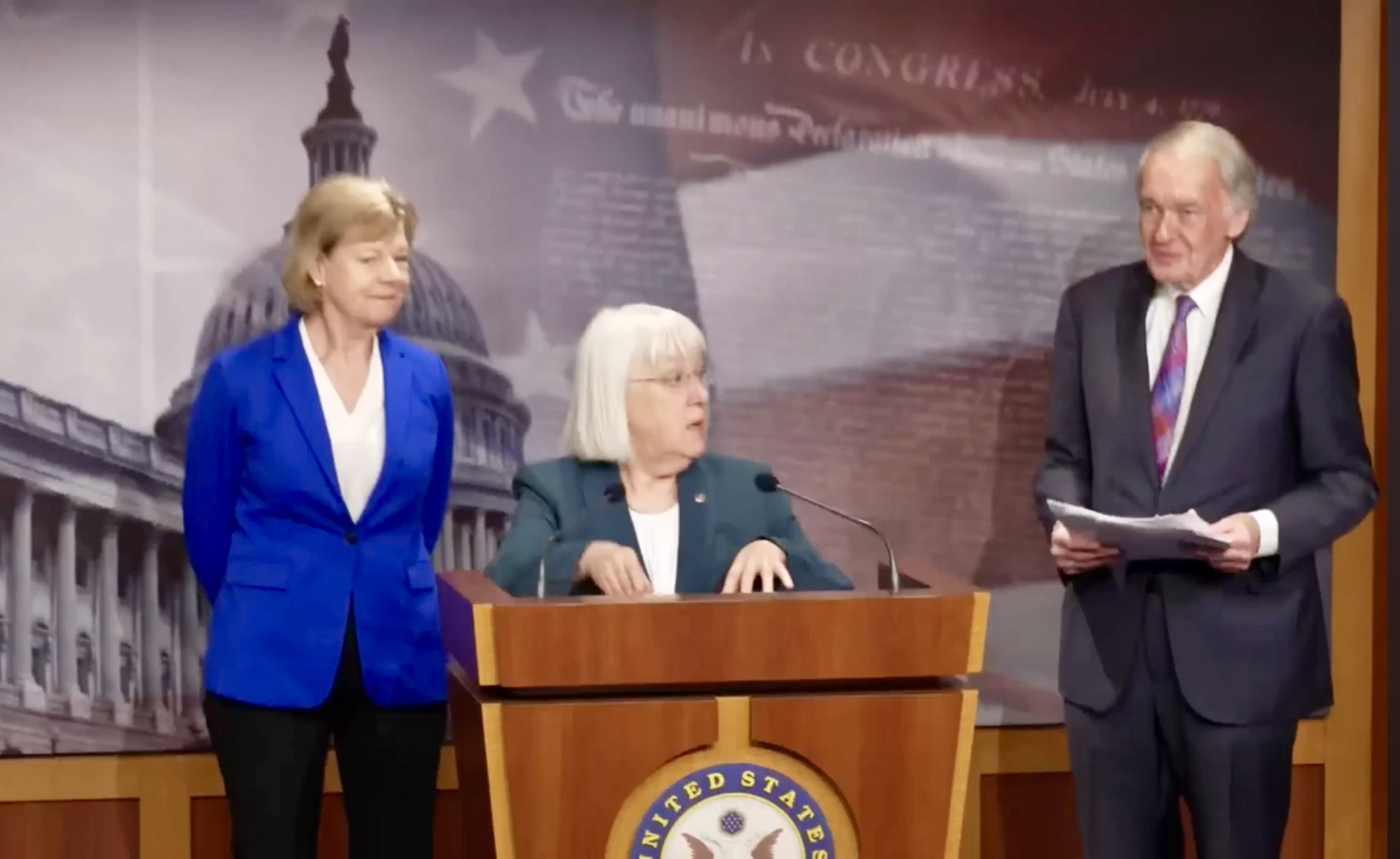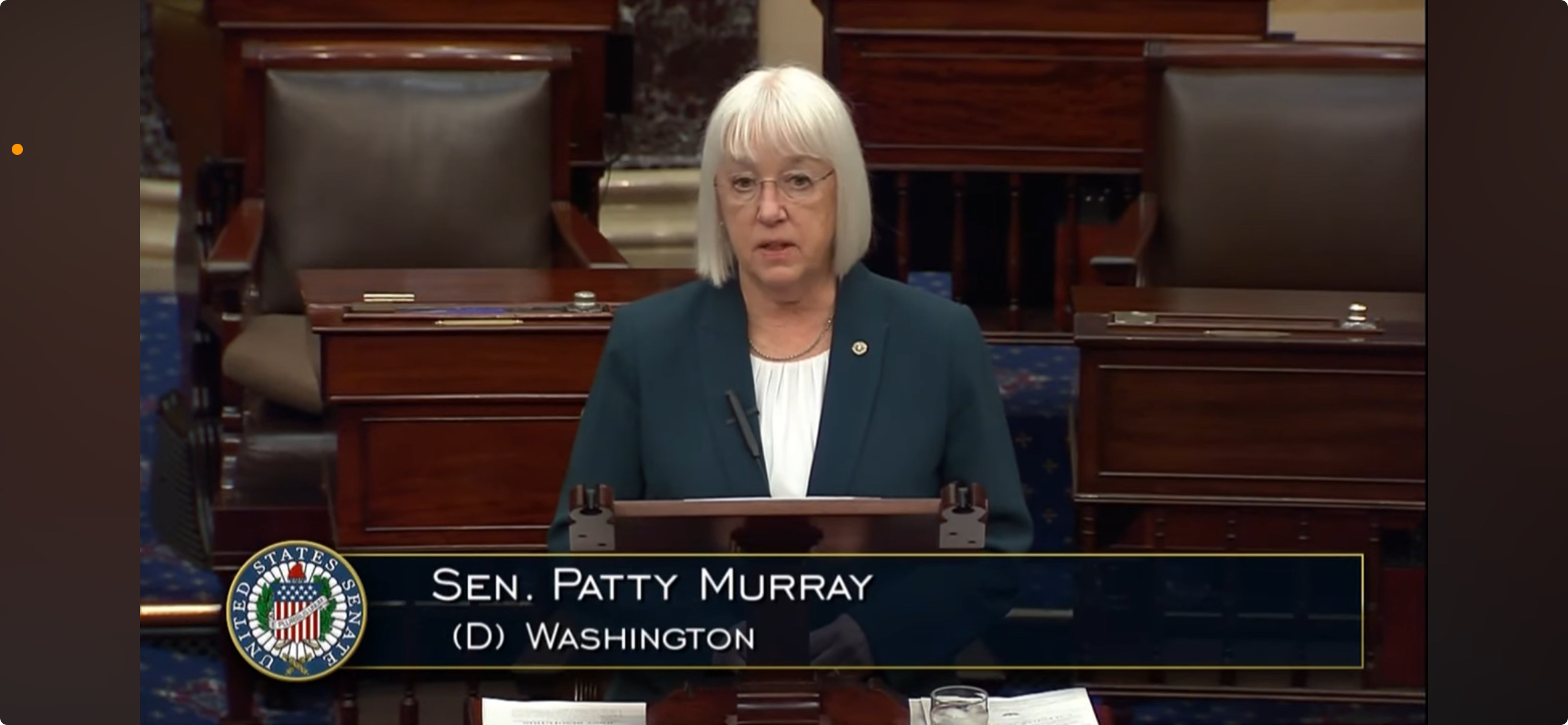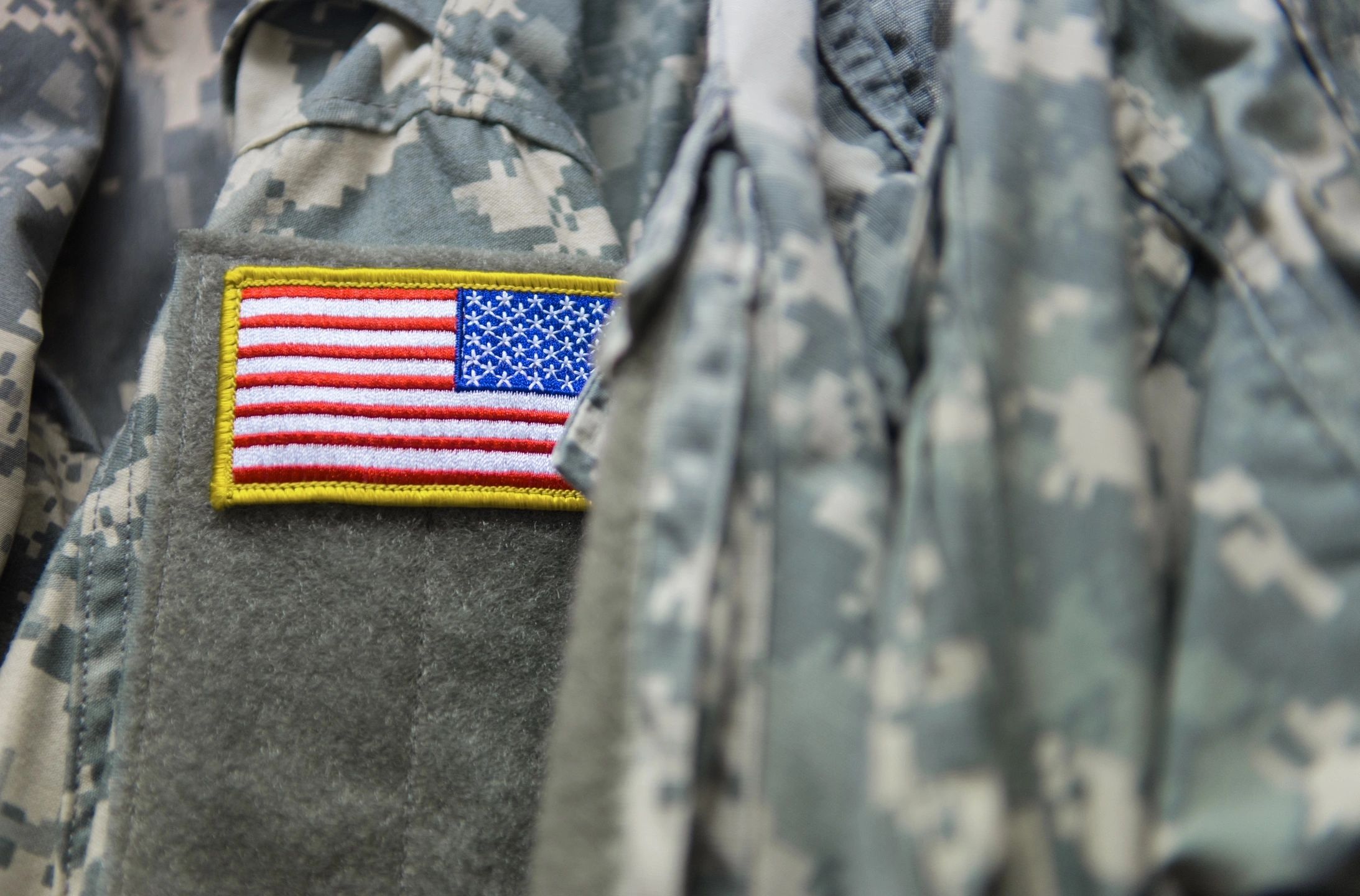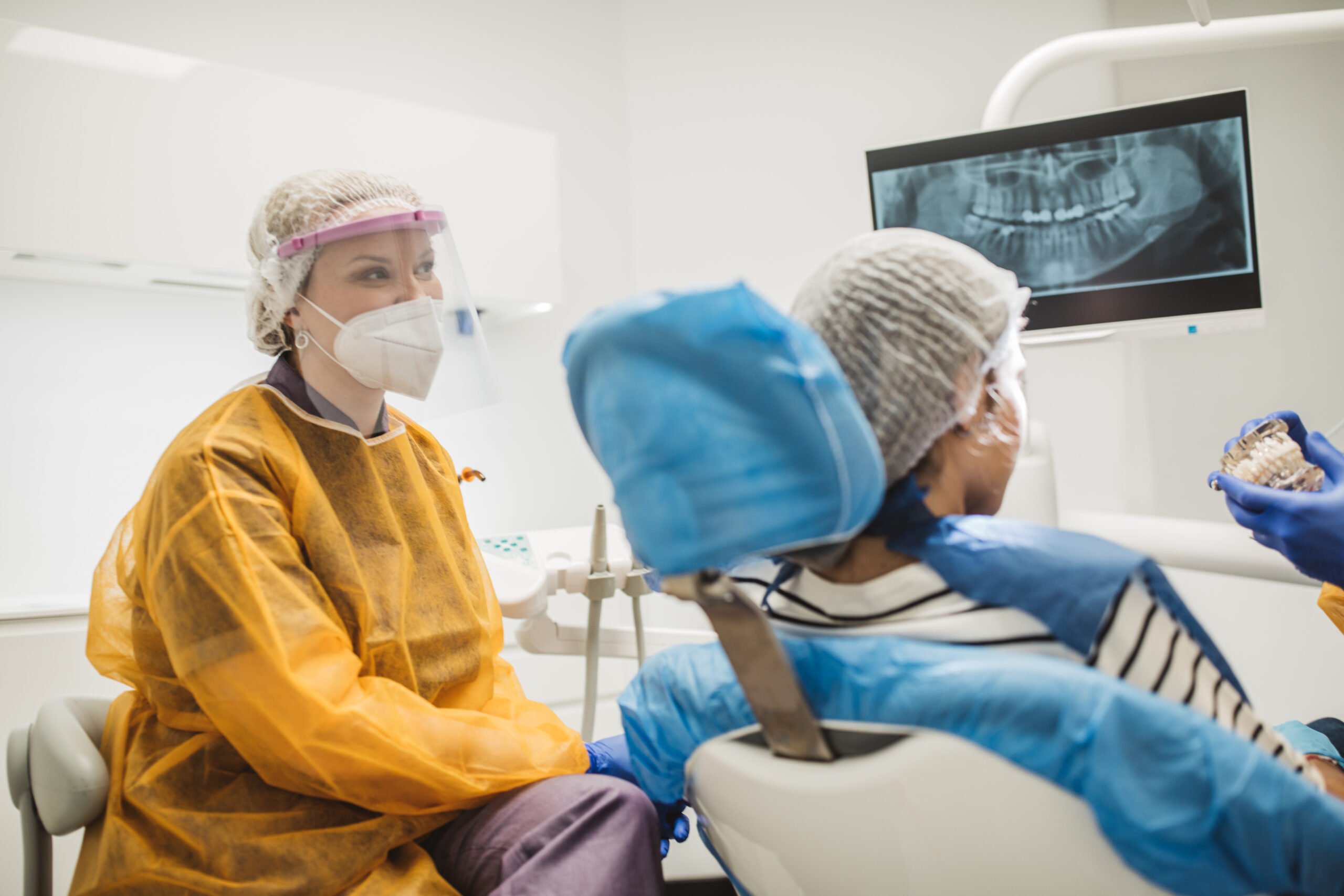
As unemployment continues to disproportionately affect LGBTQ+ households, it’s important to know your options for affordable care
As Washington state’s unemployed suffer the economic consequences of the COVID-19 pandemic, so, too, can their healthcare.
According to the Movement Advancement Project, nearly two-thirds of LGBTQ+ households experienced job loss since the beginning of the pandemic. For many, unemployment results in a loss of medical and dental insurance – more than one in eight LGBTQ+ people have lost their health insurance since the start of pandemic, more than twice the rate on non-LGBTQ+ people. Medical, dental and vision insurance are important tools for individuals during a public health crisis who need preventative care and treatment at this critical time. More than one in four LGBTQ+ households has reported having serious problems affording care, which is at a rate twice as high as non-LGBTQ+ households.
With conditions such as diabetes, cardiovascular disease and pneumonia connected to oral health, maintaining regular visits to the dentist despite a job loss is key. The good news is that there are several dental coverage options, as well as non-insurance alternatives, worth exploring, according to Rick Blonden, who manages individual plans for Delta Dental of Washington, the state’s largest dental benefits provider.
“There are dental insurance plans available at affordable rates, but there are plenty of other options including joining your dentist’s in-office plan, signing up for a discount plan, or paying out of pocket,” said Blonden. “Families can mix and match their insurance plans and alternative options to ensure they receive the best rates for each member of their family, particularly if they are on a tight budget. What’s most important is that they get to the dentist and they receive high-quality care.”
It is important to not delay finding a new insurance plan or an alternative option. By having a plan in place early, people can be prepared for unexpected emergency procedures, and any waiting periods for new plans won’t greatly affect their care. Blonden outlines the wide range of options to explore for those who experience a loss of coverage.
COBRA (Continuation of Health Coverage) might be an option.
One of the pricier options is the Consolidated Omnibus Budget Reconciliation Act (COBRA) which gives families and workers who lose their health benefits the right to continue their existing medical, vision, and dental insurance coverage for a limited time – typically up to 18 months after the final day of employment. To be eligible, you must be enrolled in the employer’s plan while working and must continue with that plan under COBRA. With the consistency of remaining on the same plan comes a high price tag – those who enroll in COBRA must pay the entire insurance premium up to 102 percent. Although one of the most expensive options, COBRA can act as a bridge until a person is able to get an alternative into place.
Shop around for insurance.
One good reason to consider purchasing dental insurance is saving money on unexpected treatments. By visiting the dentist for cleanings two times a year the annual premium is typically met, meaning any emergency procedures will cost significantly less with the benefit of insurer- discounted rates than if you paid for everything out of pocket – Delta Dental offers MySmile, an online benefits tool with a cost estimate feature. This is also a good reason why everyone who has dental insurance should visit their dentist for their twice-yearly cleanings.
Dental insurance can be obtained by joining a family member’s group plan, purchasing a family or individual plan direct from insurance providers or on the Washington Health Benefit Exchange which has opened a special enrollment period from February 15 to May 15, 2021 for those that have experienced a qualifying “life event.” If a person does not qualify for special enrollment, they will need to wait for an open enrollment period.
When purchasing a family or individual dental insurance plan there are a few things to take into consideration. There is often a waiting period of about six to twelve months before benefits for services like root canals and fillings can be used – so plan ahead! And if an individual wants to continue to see their current dentist, they should talk to their dentist about which insurance providers and plans are considered “in network” prior to committing. Finally, people can mix and match plans to fit the needs of their family. If there is a great deal for kids’ coverage on the Washington Health Benefit Exchange, but a better plan for the parents direct from an insurance provider, then proceed with that arrangement of plans. Shopping around increases the likelihood that a person will get more bang for their buck.
Find out if you qualify for Medicaid.
Although this may not be obvious to everyone who has just suffered a job loss, it is worth looking into Medicaid (Washington Apple Health) as an option. Medicaid provides for lower income individuals who qualify for discounted or free coverage; the coverage can also be retroactive for up to three months if the person or family was eligible during that period. The qualifications are based on current income (including unemployment), and exclude COVID-19 relief payments.
Although free dental health coverage when an individual qualifies is helpful, many people who are on Washington Apple Health struggle to find dentists who will accept Medicaid and who are accepting new patients, with 24 percent of low income adults in Washington state citing trouble finding a dentist as a reason to not visit the dentist. Fortunately, there are tools to help aid in finding a dentist, including DentistLink, a free referral service for anyone in Washington.
Pay for dental work out of pocket.
Paying a dentist out of pocket for dental work and cleanings is straightforward, but it may not be the most cost effective or reliable. What many people don’t know about dental insurance is that the fees are negotiated by the insurer to incorporate a 20 to 30 percent discount on services that are standardized across dentists – and those discounts don’t exist when paying out of pocket. Being insured comes with the added benefit of utilizing estimator tools and having customer service representatives who can help estimate the costs of procedures. With 59 percent of adults in Washington state avoiding the dentist due to cost, unpredictable pricing can be challenging for people experiencing a loss of coverage.
Although paying out of pocket for dental care is not standardized, it is a viable option. It is recommended when paying out of pocket to seek a dentist who will provide free or low-cost dental care and who is set up to do things by the book. Dental clinics to research which provide free or discounted services can be found at dental schools, public dental clinics, free dental clinics, nonprofit clinics, donated services, and some private dentists. The Washington State Dental Association (WSDA) recommends the 211 Program and the Washington Healthcare Access Alliance as place to begin the search.
Check out non-insurance plans and products.
Insurance is the most utilized method of paying for dental procedures, but it’s not the only option. There are several non-insurance plans and products available online and through private dental offices which can be worth exploring. Discount plans offer discounts on dental services and products for a low-cost monthly membership fee. Some dentists also offer their own in-office plans with discounts on various services. What sets these plans apart from insurance is that the premium is often much cheaper than an insurance plan and there is no claims process – meaning suggested work is not reviewed by an insurer prior to moving forward with the dental work scheduled. A conversation with a trusted dentist about non-insurance payment plans and options is a good place to start.
Keep up with preventative care.
A job loss is a stressful event and needing to find new or alternative dental benefits can fall to the end of the to-do list. But it’s important to prioritize preventative care at home and by visiting the dentist regularly to positively impact oral and overall health.
If a person or family is unable to get into the dentist for their preventative visits, brushing for two minutes twice a day, flossing once a day, and eating healthy foods will positively impact their oral health outcomes. It’s possible for everyone to get into the dentist, it just takes research and persistence to ensure people receive quality care at a price point they can afford.
